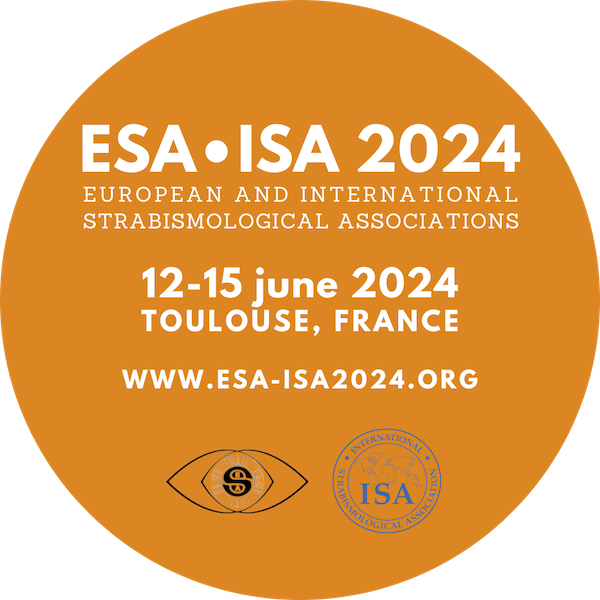
Session: Poster session C
Responsiveness and interpretability of the Dutch Adult Strabismus-20 Questionnaire (Dutch-AS-20)
Introduction: During recent years there has been a growing awareness of the importance of using patient-reported outcome measures, such as quality of life (QoL) questionnaires, as an outcome measure in ophthalmic research and clinical practice. The development of the Dutch version of the Adult Strabismus-20 questionnaire (Dutch-AS-20) allows assessment of the strabismus-specific QoL among adult patients with strabismus in the Netherlands. Our recent analyses established the reliability and validity of the Dutch-AS-20. However, the responsiveness and interpretability of the questionnaire have not been assessed. Therefore, the aim of this study was to determine the responsiveness and interpretability of the Dutch-AS-20 in a sample of Dutch adult patients with strabismus undergoing strabismus surgery. Methods: A construct approach was used for testing responsiveness of the Dutch-AS-20. Eight hypotheses were formulated a priori. Two types of hypotheses were tested: (1) comparison with other outcome measurement instruments and (2) comparison between subgroups. The minimal important change (MIC) for each subscale was determined in relation to the smallest detectable change (SDC) to interpret change scores on the Dutch-AS-20. Results: all predefined hypotheses were met, confirming the responsiveness of the Dutch-AS-20. The MIC for the psychosocial subscale was estimated to be 3.1 T-score points 2-3 months postoperative (SDC 2.7 T-score points). The MIC of the function subscale could not be determined due to lack of validity of the anchor question (correlation change score function subscale Dutch-AS-20 and anchor question <0.30). Conclusion: Our recent analyses established the responsiveness of both subscales of the Dutch-AS-20 to changes in strabismus-specific QoL 2-3 months following strabismus surgery. This confirmed the usefulness of the instrument in longitudinal studies. Care must be taken when interpreting change scores on the function subscale due to an unknown MIC.